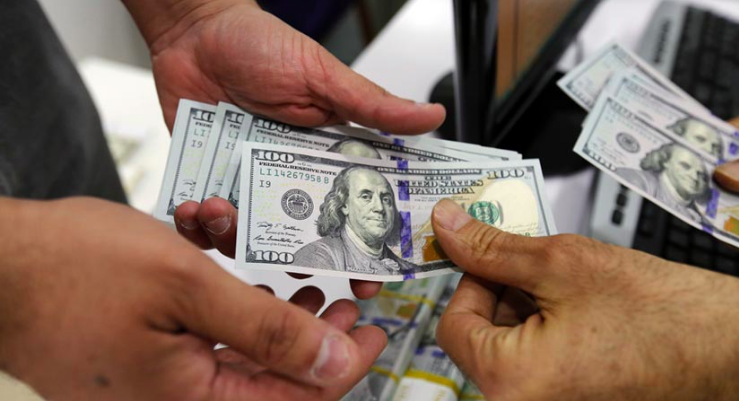
FOREIGN investors said the uncertainty generated by the second package of the Tax Reform for Acceleration and Inclusion (TRAIN) law’s second phase is behind the leveling off of foreign direct investment (FDI) forecasts for 2018.
“The flattish estimate on FDIs can be attributed to the wait-and-see behavior of companies who are considering the Philippines as an investment destination,” European Chamber of Commerce of the Philippines President Guenter Taus said in an e-mail message late Monday.
“Until CTRP [comprehensive tax reform package] 2 is finalized, it could be risky for companies to invest in the Philippines, which currently has the highest corporate income tax (CIT) in the region,” Mr. Taus added.
The EU accounted for nearly a fifth of FDI in 2017, or $1.68 billion. While the EU’s investment in the Association of Southeast Asian Nations rose last year, only 2.3% went to the Philippines, according to Mr. Taus.
Last week, the central bank raised its 2018 FDI inflow projection to $9.2 billion — higher than the January forecast of $8.2 billion but still lower that 2017’s record $10.05 billion.
“It is to be expected that investors will await the actual effects as a new tax reform package is being implemented,” Nordic Chamber of Commerce of the Philippines President Bo Lundqvist said in an e-mail, also late Monday.
“As the new tax reform will have a permanent positive impact on the market, it can be expected that FDI will continue growing, provided the economic agenda of the administration is kept on track,” he added.
The Nordic Chamber noted that the information technology–business process outsourcing sector, where growth is currently flat, is expected to pick up this year.
The Canadian Chamber of Commerce (CanCham) in the Philippines, Inc. welcomed the central bank’s forecast, which it said pointed to “the continued strength of the Philippine economy,”
However, CanCham President Julian H. Payne said in mobile message on Monday that midyear factors should also be taken into account “with caution as much can change either up or down, depending on both internal and external factors.”
According to BSP Deputy Governor Diwa C. Guinigundo, the key sectors for this year’s FDI inflows are manufacturing, utilities, real estate, information and communication, as well as financials and insurance.
This article was originally published on June 20, 2018 on BusinessWorld.com»